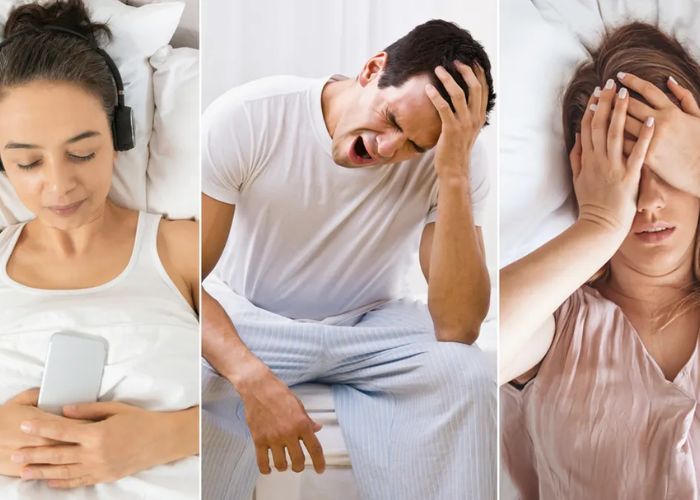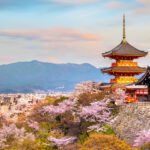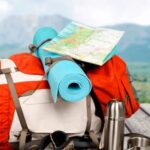As an avid traveler with over 7 years of experience exploring different countries and continents, I’ve had my fair share of struggles with getting good sleep while on the road. Whether it’s the uncomfortable hotel bed, noisy neighbors, jet lag, or just the excitement of being in a new place, a good night’s rest can be elusive when you’re traveling. Read below about “Struggling to Sleep While Traveling? Here Are Solutions”.
After many sleepless nights and groggy days of sightseeing, I’ve learned some helpful tips and tricks to get better quality sleep while traveling. As the founder of a popular travel blog, my authority on this subject comes from extensive first-hand experience as well as research into the science of sleep and travel. With these solutions, you can avoid becoming one of the many bleary-eyed travelers stumbling around popular tourist attractions!
Table of Contents
Choose Accommodation Carefully
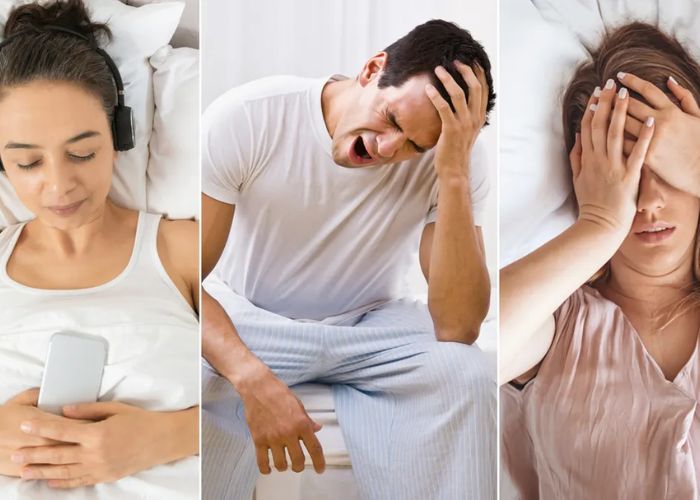
One of the biggest factors in determining how well you’ll sleep is the quality of your accommodation. Do your research and read reviews to find a hotel, hostel or Airbnb with comfortable beds and quiet rooms. Earplugs and an eye mask can help block out noise and light, but starting with a peaceful room makes a huge difference.
I’ll never forget the night I spent tossing and turning on a lumpy mattress in a party hostel in Prague. The bass from the club next door thumped until 3 am! After that sleepless night, I learned to always ask for a quiet room, preferably away from the reception and bar.
Avoid Long Layovers
When booking flights, try to avoid layovers longer than 2-3 hours, especially when crossing time zones. The more you can fly direct, the easier it will be to adjust your body clock on arrival. I made the mistake of having a 10 hour layover on a trip to Thailand. By the time I reached my destination, I was completely jet lagged from the long, disjointed journey.
If you do end up with a long layover, resist the temptation to nap. Try to stay active by walking around, getting some exercise or eating a healthy meal. This will make it easier to sleep when you reach your destination.
Time Your Exposure to Light
Light is one of the biggest external signals that impacts your circadian rhythm. When possible, expose yourself to bright light in the morning and avoid it in the evening.
On a trip to Norway, the 24 hours of daylight in the summer really disrupted my sleep cycle. I started using blackout curtains in the room and dark sunglasses in the evening. Getting that darkness cue helped my body produce melatonin and fall asleep at the right time.
You can also consider using a sunrise alarm clock to gently wake up with light. This is gentler on your body than an abrupt alarm.
Stay Hydrated
Dehydration can make it harder to fall and stay asleep. The dry air in hotel rooms and on planes sucks moisture from your body. Be intentional about drinking enough water throughout the day and limiting alcohol and caffeinated beverages, especially in the afternoon and evening.
Keep a reusable water bottle with you while sightseeing to maintain hydration. I also love moisturizing my skin before bed to prevent dryness. Sleeping with a humidifier can help too.
Adjust Your Schedule Gradually
If you’re crossing multiple time zones, don’t try to force your body into the new time zone right away. Adjust your sleep schedule in increments of 1-2 hours per day.
On a recent trip from California to London, I shifted my bedtime and wake-up time by a couple of hours each day in the week leading up to the trip. This allowed me to adapt much quicker once I arrived. You can use melatonin supplements to help adjust your body clock as well.
Get Exposure to Natural Light
Spending time outdoors, especially in the morning, helps calibrate your circadian rhythm with the day/night cycle. On a multi-city European trip, I made sure to have breakfast on the hotel patio or go for a morning walk.
If you’ll be spending the day visiting museums and churches, get outside in the morning before you go inside. The natural light exposure will make it easier to fall asleep that night.
Keep a Consistent Pre-Bed Routine
Having a consistent relaxing ritual before bed signals your body that it’s time to wind down for sleep. This might include taking a warm shower, reading fiction (not stimulating non-fiction!), journaling or meditating.
I like to diffuse lavender essential oil and stretch before getting into bed. Even when I’m in a different time zone or sleeping environment, maintaining these habits helps cue my body for sleep.
Avoid Long Naps Late in the Day
While short 20-30 minute power naps can boost your energy, longer naps late in the day can make it harder to fall asleep at night. I try to avoid napping after 4 pm when traveling, even if I’m jet lagged.
On a recent trip to Costa Rica, I made the mistake of napping for 2 hours in the late afternoon after a day of surfing. When bedtime came around, I ended up tossing and turning for hours. Shorter naps earlier in the day work better for me.
Watch What You Eat and Drink
A heavy meal right before bed can lead to indigestion that keeps you up. Eat dinner at least 2-3 hours before lying down and avoid spicy, fried or fatty foods. Stay away from sugary desserts as well as too much caffeine and alcohol.
When I know I’ll want a late night snack on vacation, I pack healthy options like nuts, crackers, and fresh fruit. Drinking chamomile or passionflower tea after dinner helps relax me before bed.
Get Some Exercise
Moderate exercise during the day can deepen sleep at night. On trips where I’m walking around sightseeing all day, I always sleep better compared to days spent in trains, planes or cars.
I try to be active for at least 30-60 minutes daily through walking, swimming, yoga or hitting the hotel gym. Moving your body helps expend energy so you’re primed for deeper sleep.
Use Supplements Strategically
Melatonin, magnesium and herbal blends can help induce sleepiness. I use melatonin to adjust to time changes. Since it can cause grogginess, I take a low dose (1-3 mg) and don’t use it for more than a few nights in a row.
Magnesium relaxes the nervous system before bed. I’ll bring a magnesium complex supplement like calm powder rather than just magnesium by itself, which can cause digestive issues.
Talk to Your Doctor
If you continue having intense insomnia on trips even after trying these tips, talk to your doctor. They may prescribe sleep medications to help restore normal sleep cycles.
For instance, I have a friend with chronic insomnia who uses short-acting Zolpidem as needed when traveling. She follows guidelines on usage carefully to avoid dependence. As a travel blogger, I don’t use prescription sleep aids personally but understand they can help in some cases.
Over 7 years of frequent travel and shifting time zones, I’ve learned what works to get quality sleep on the road. Don’t just toss and turn and hope for the best. Be proactive by choosing comfortable accommodations, sticking to a consistent routine, limiting long naps and light exposure at the right times. I hope you like reading “Struggling to Sleep While Traveling? Here Are Solutions”.
With these practical tips, you can wake up refreshed and ready to fully enjoy your travels and adventures. Sweet dreams!
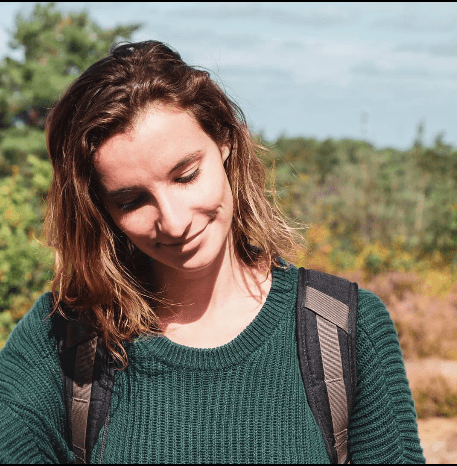
Laura is the lead writer at BackpackBeliefs.com, where she specializes in travel guides, cultural exploration, and sustainable tourism. With over 10 years of travel experience and a Master’s degree in Cultural Anthropology, Laura brings valuable insights to her readers.
For the latest travel tips and updates, connect with Laura on Facebook at @backpackbeliefs and Instagram at @backpackbeliefs. where she has 4,622 followers.

